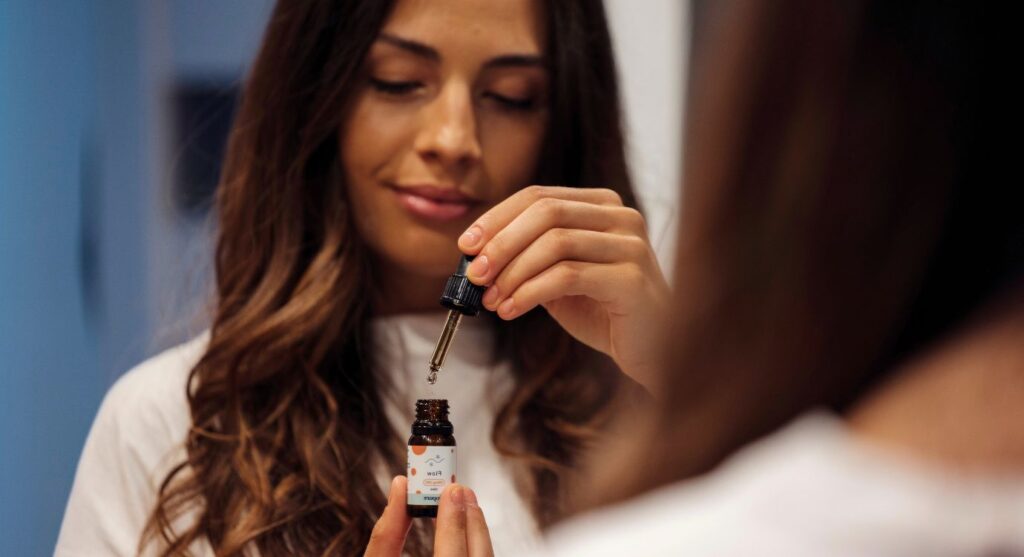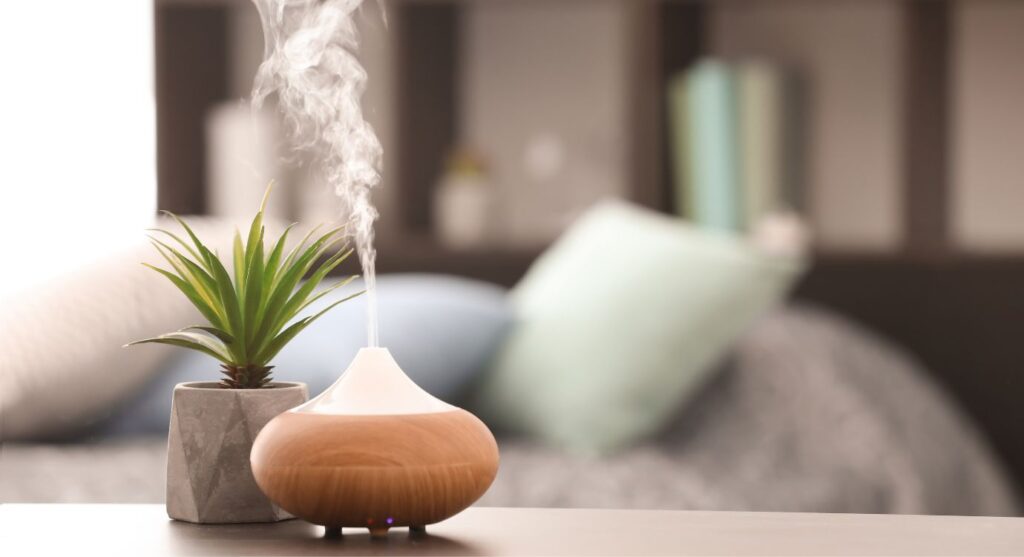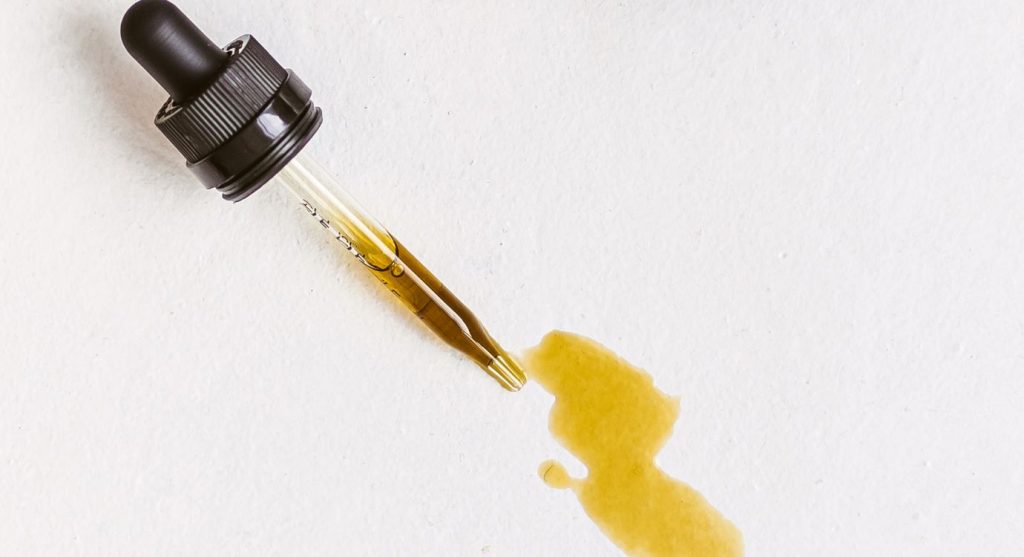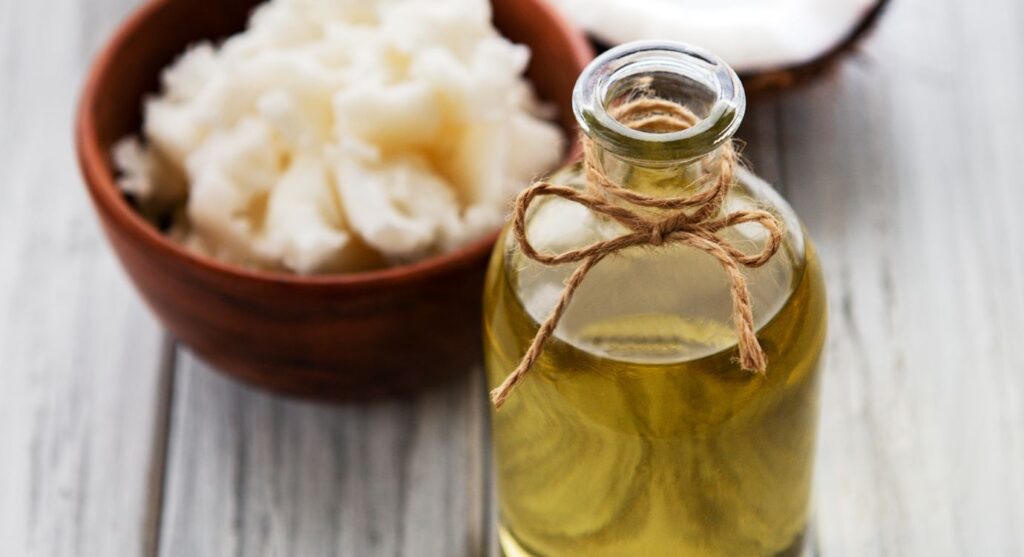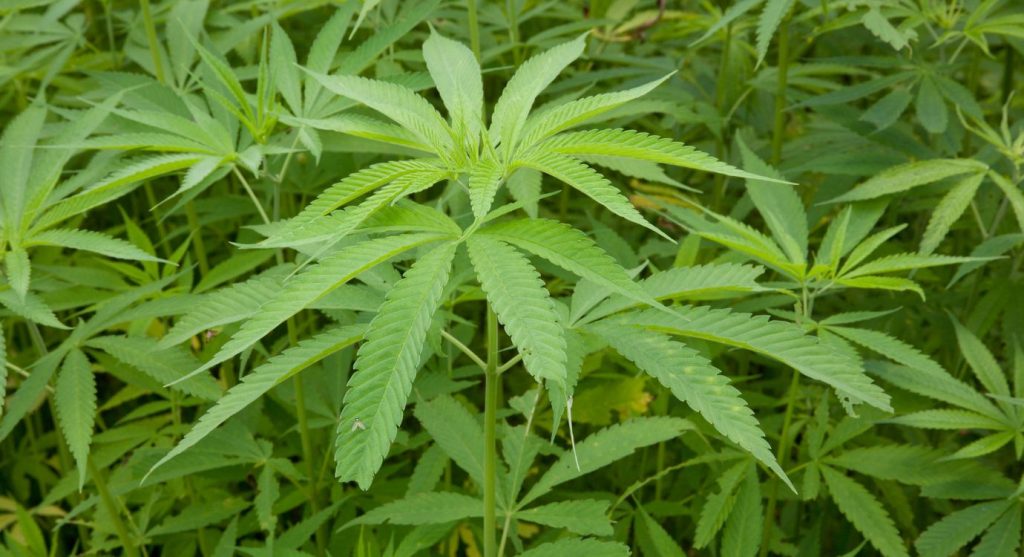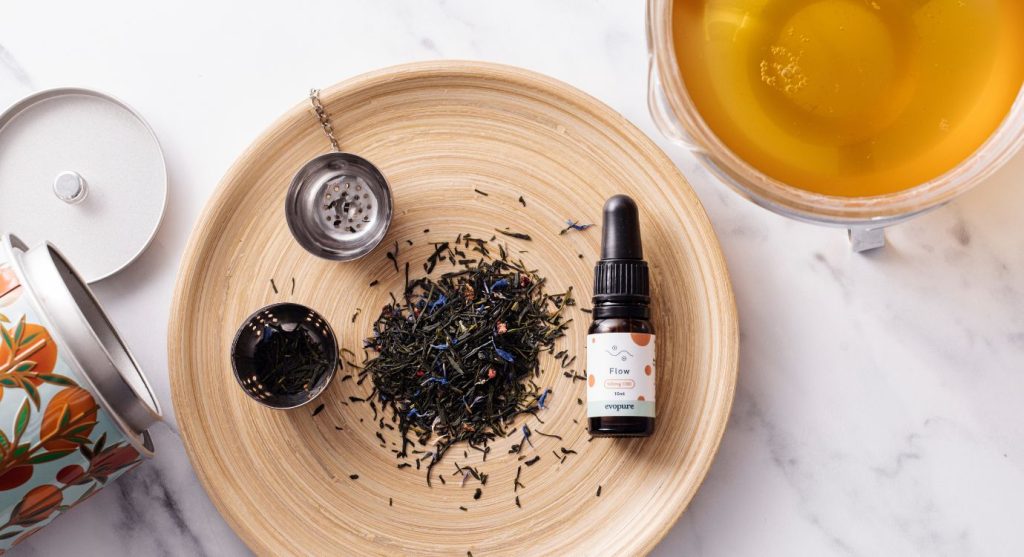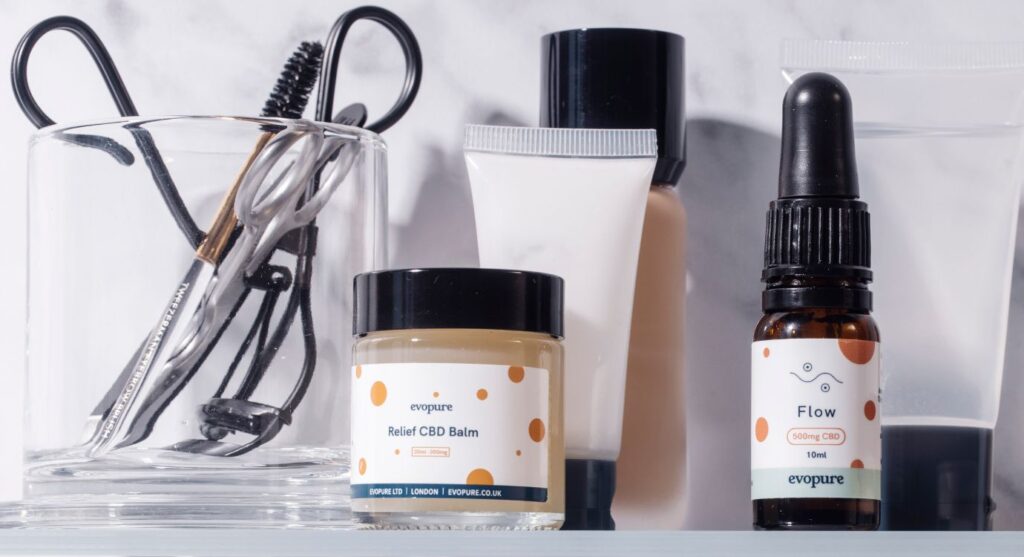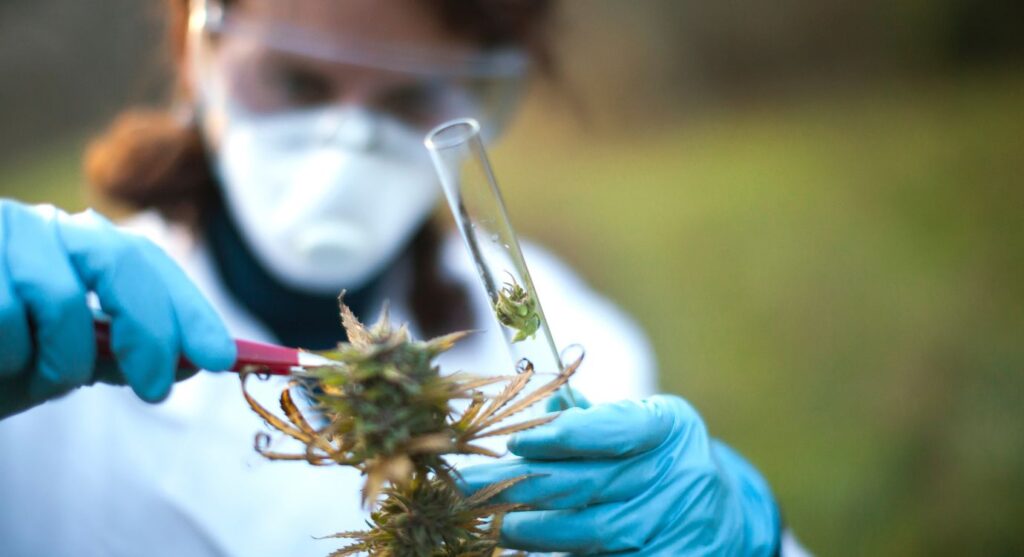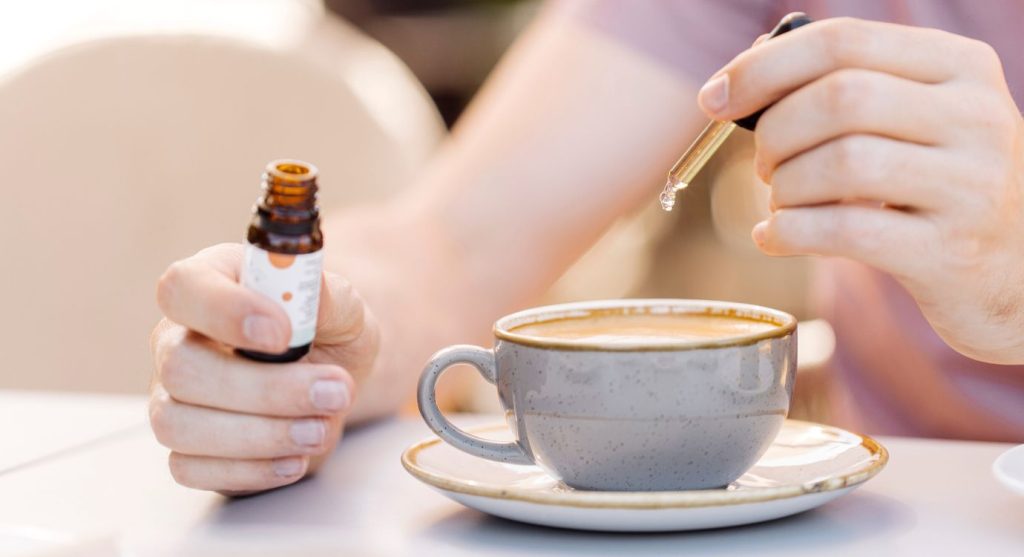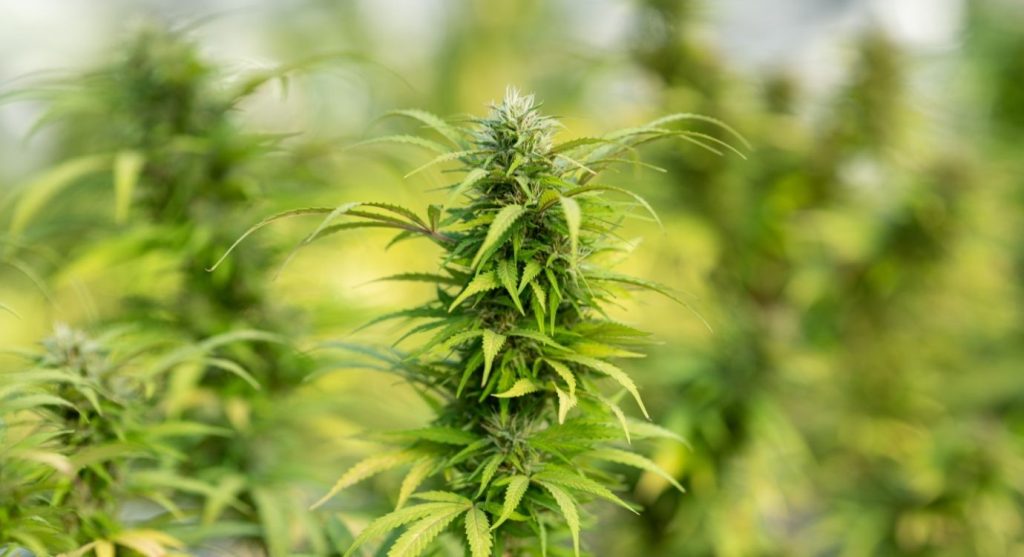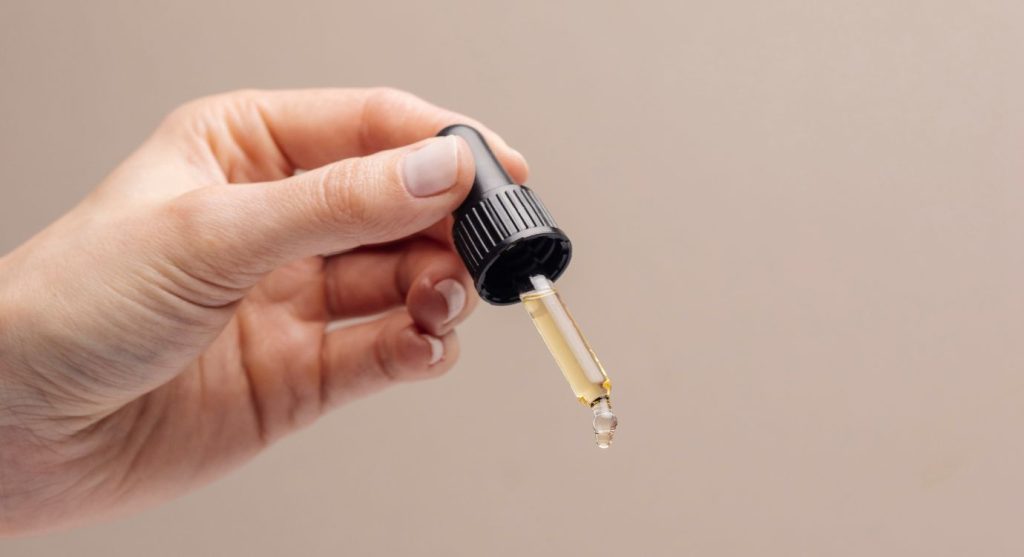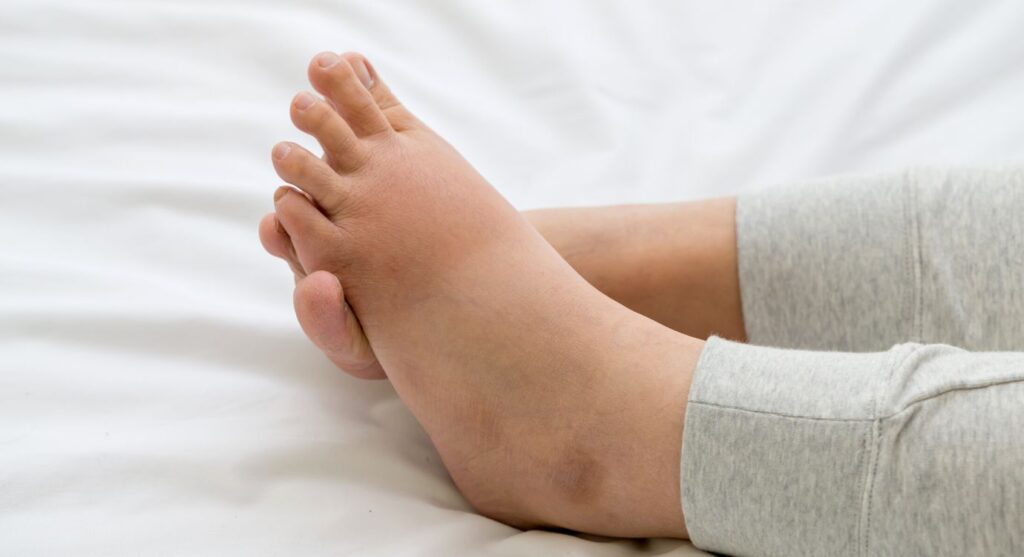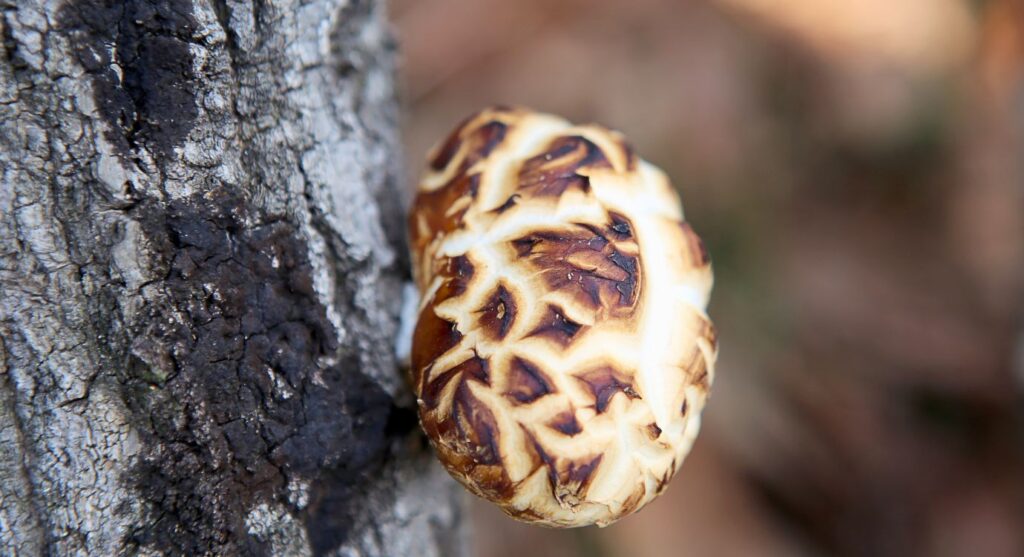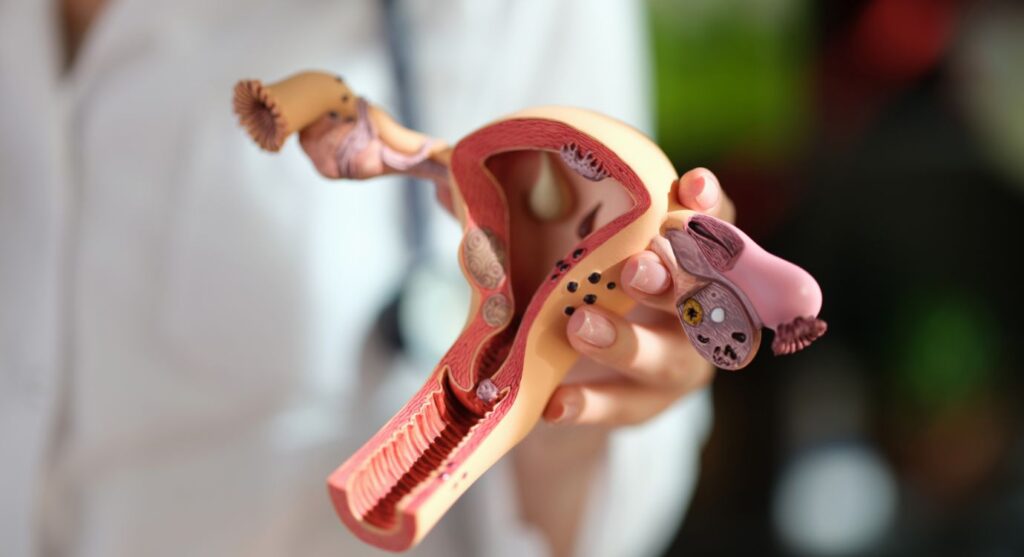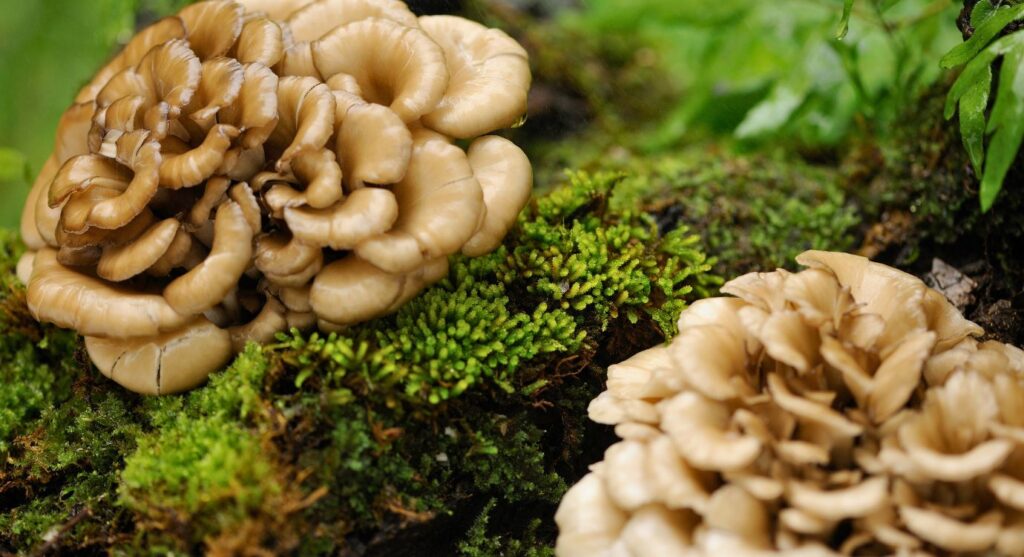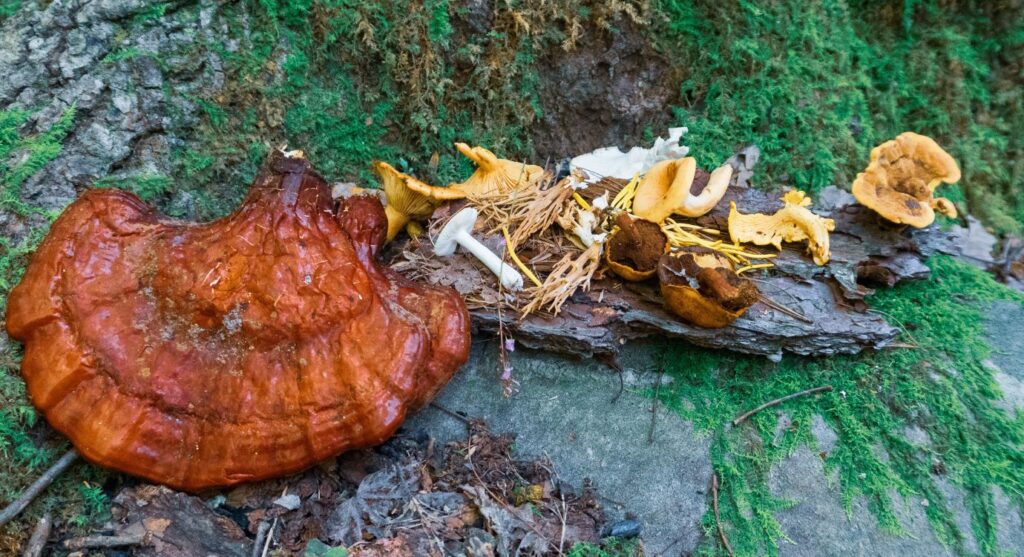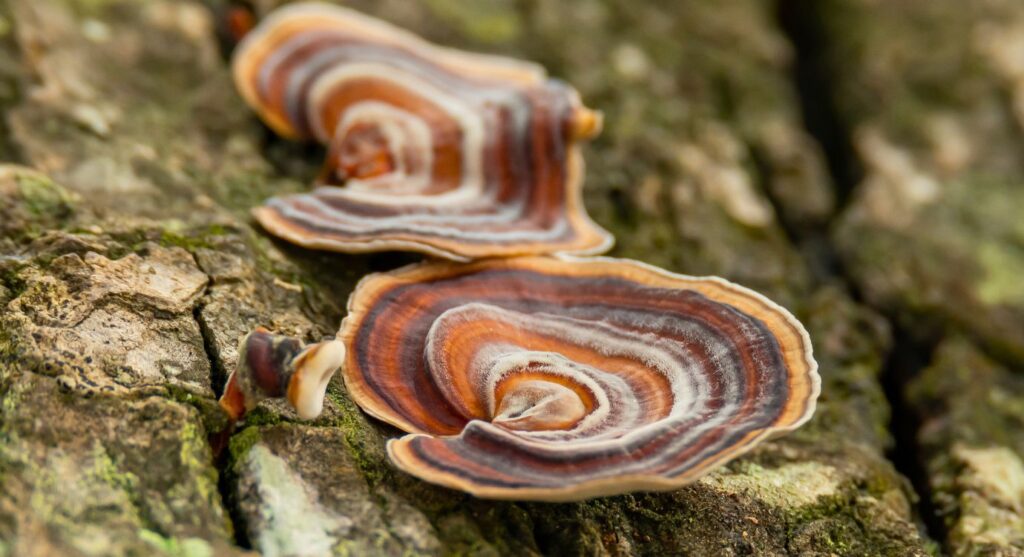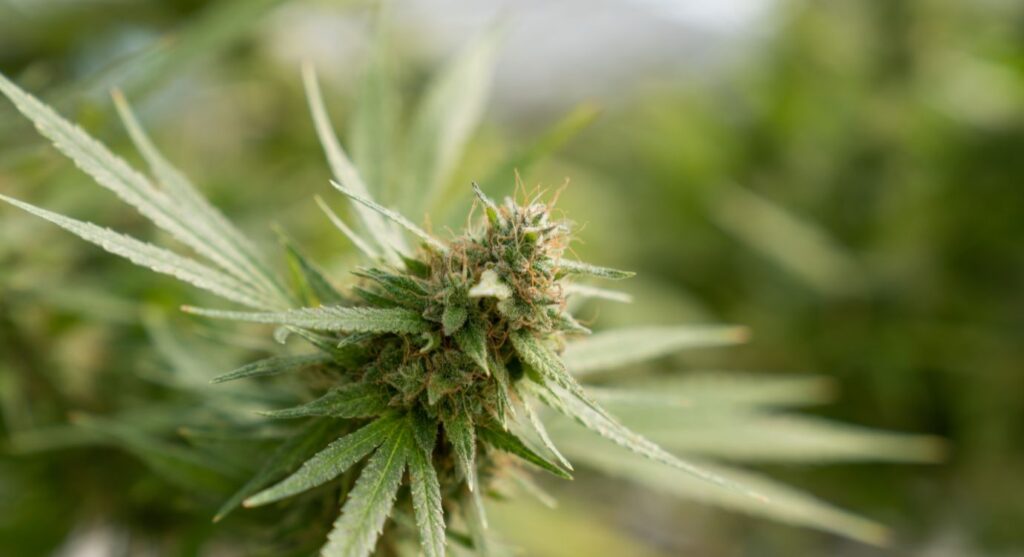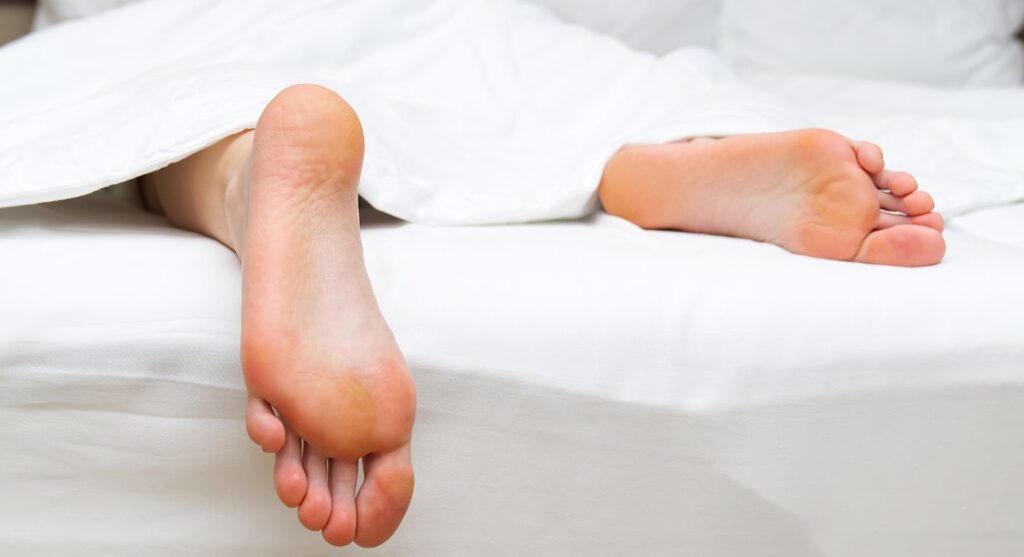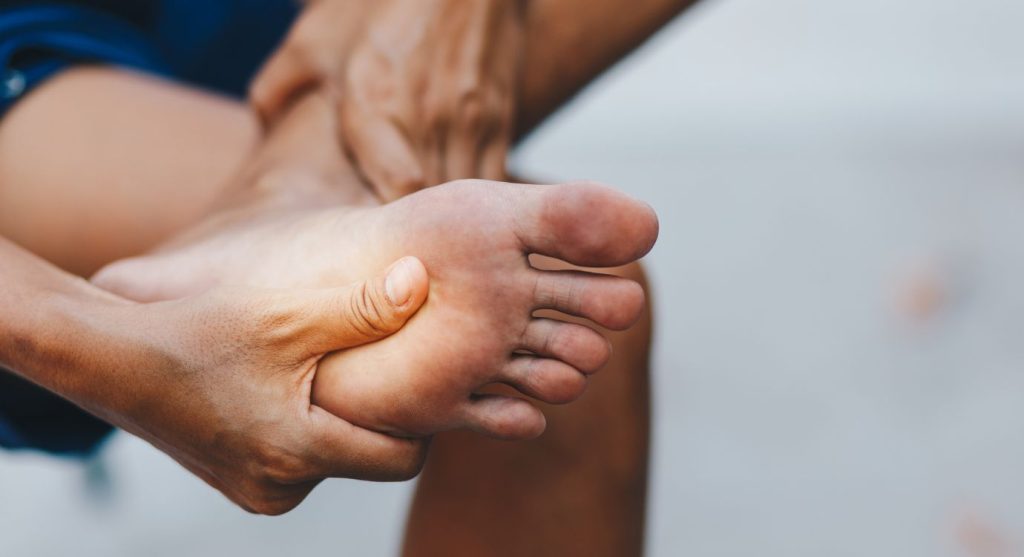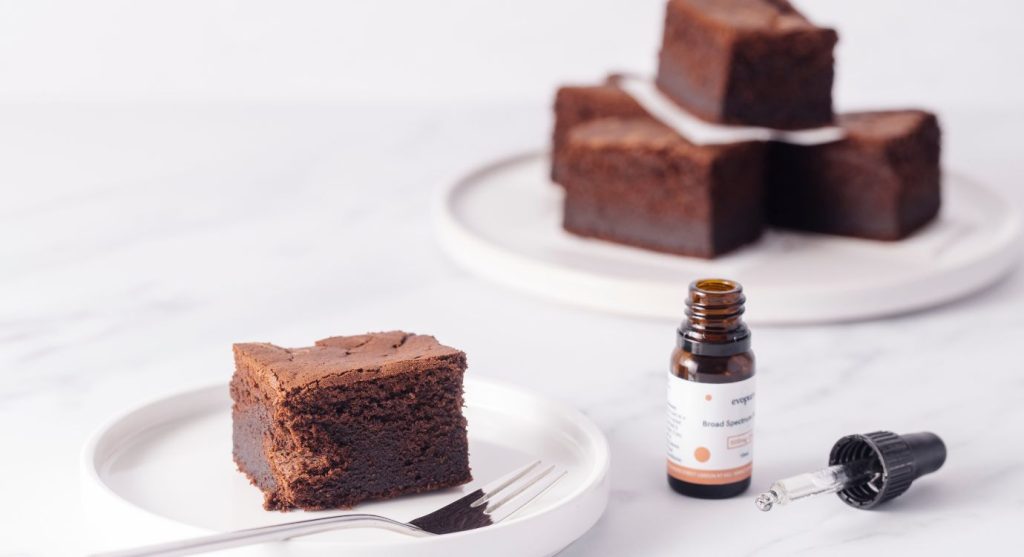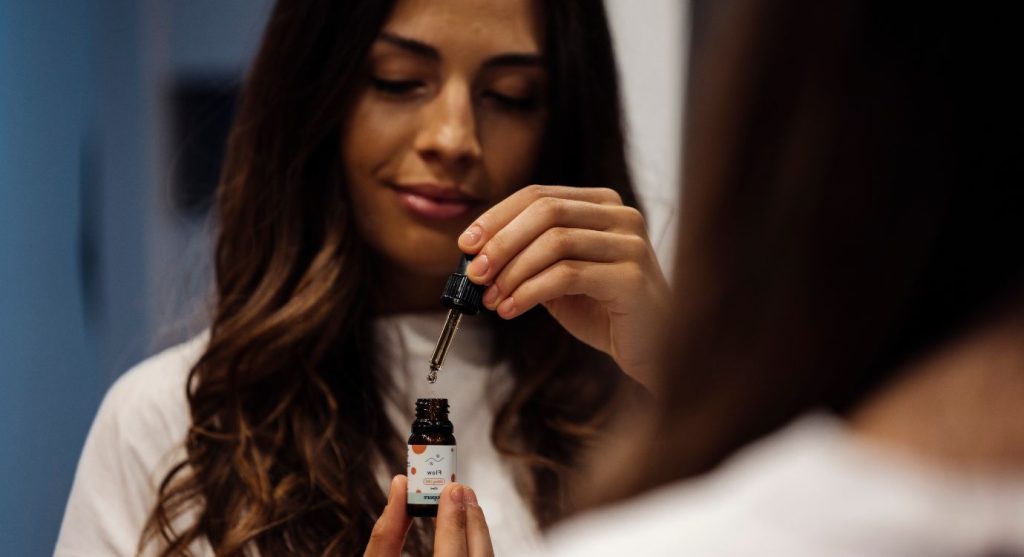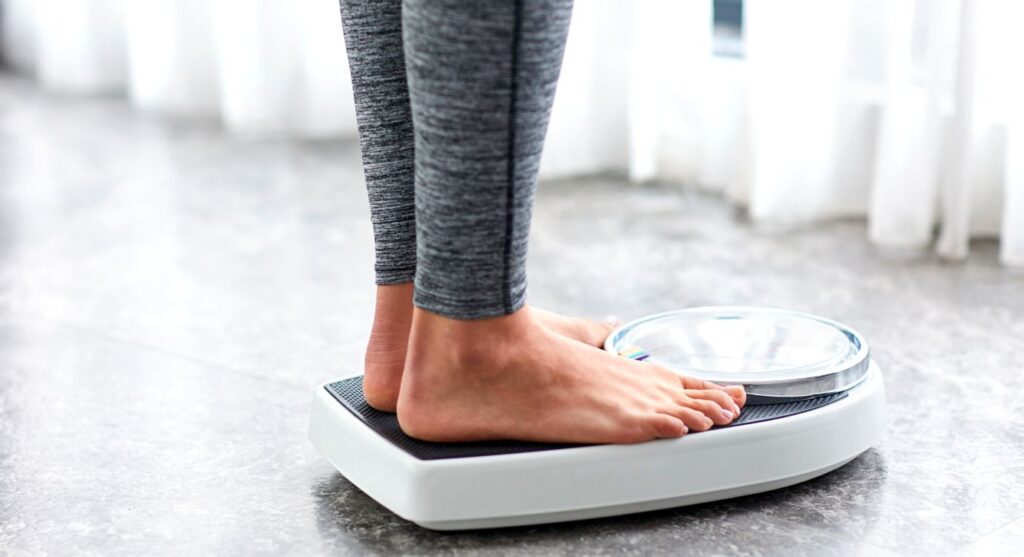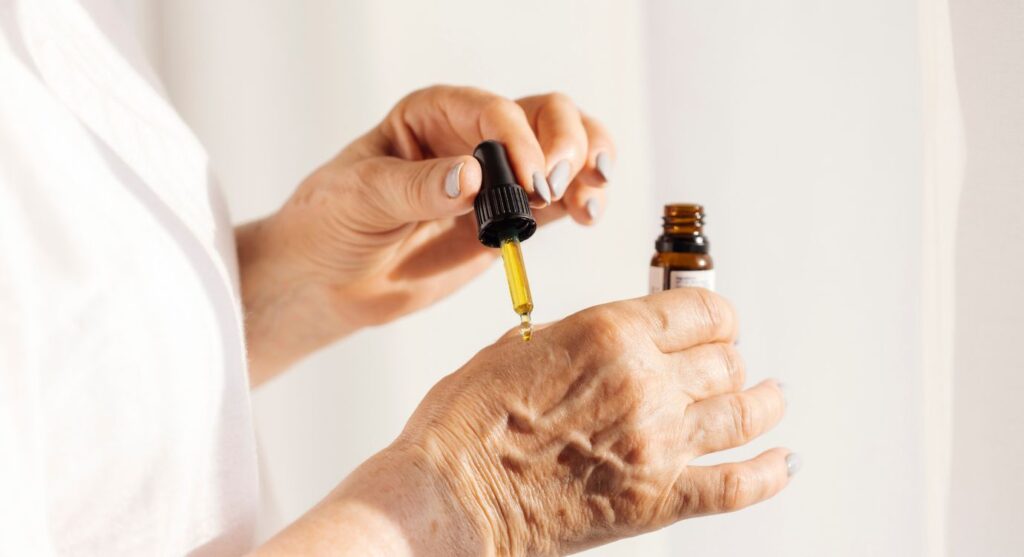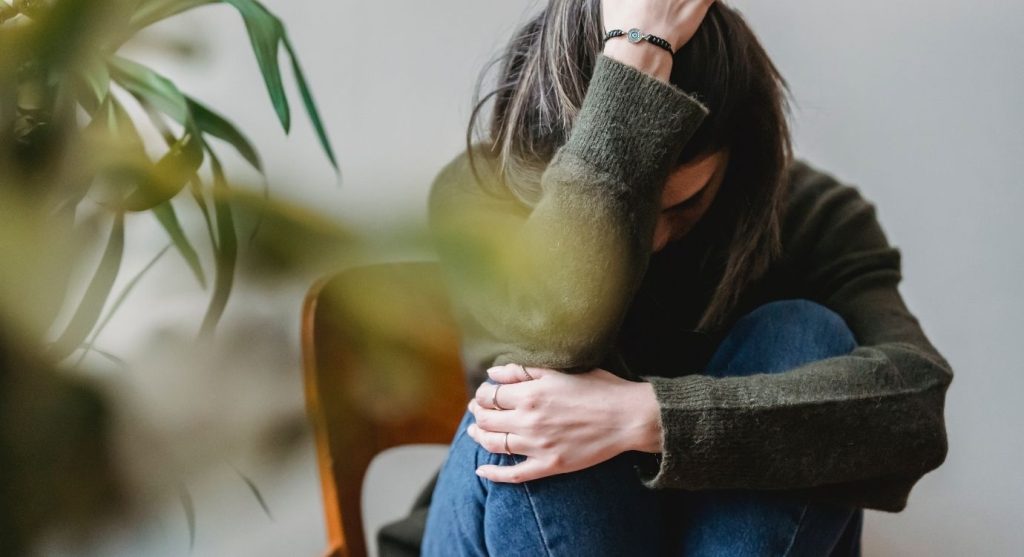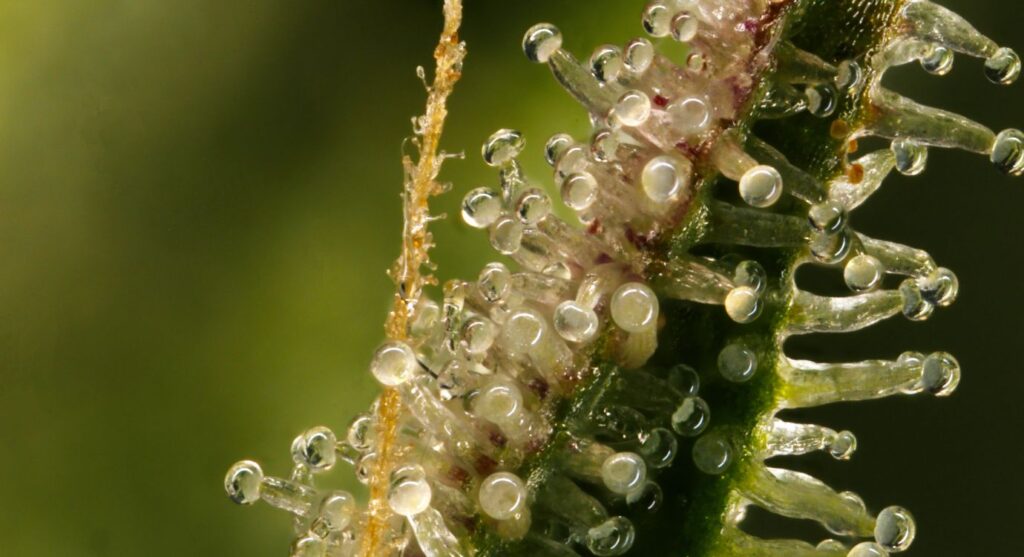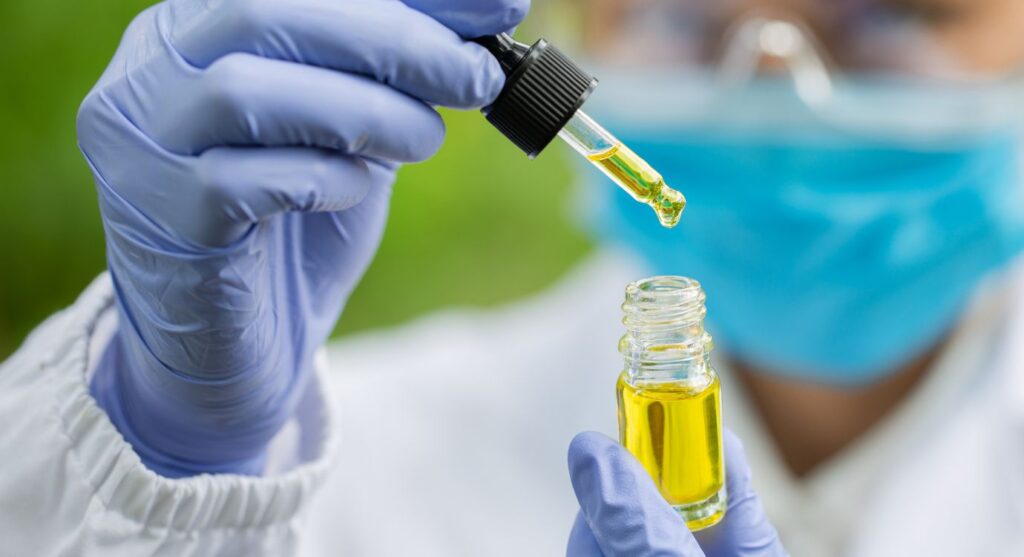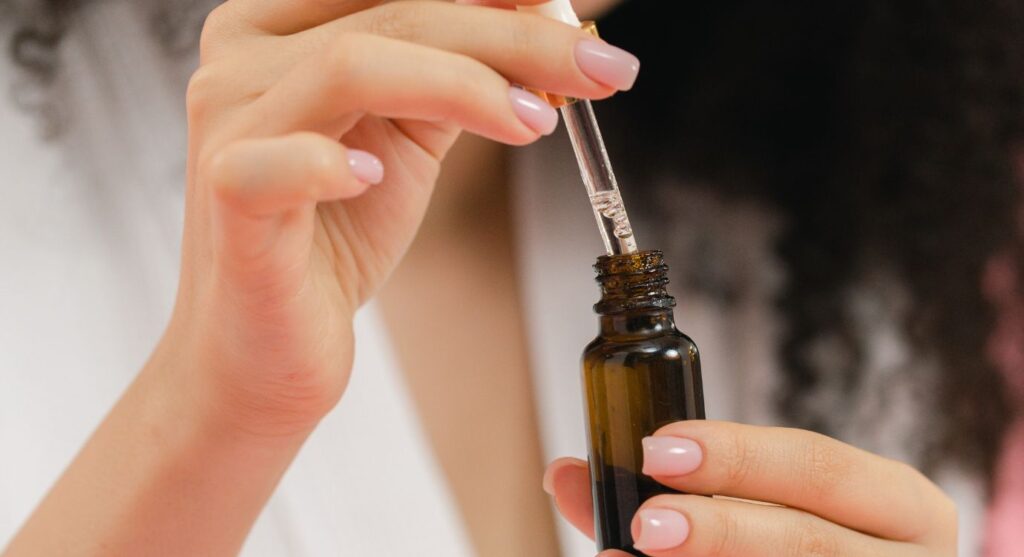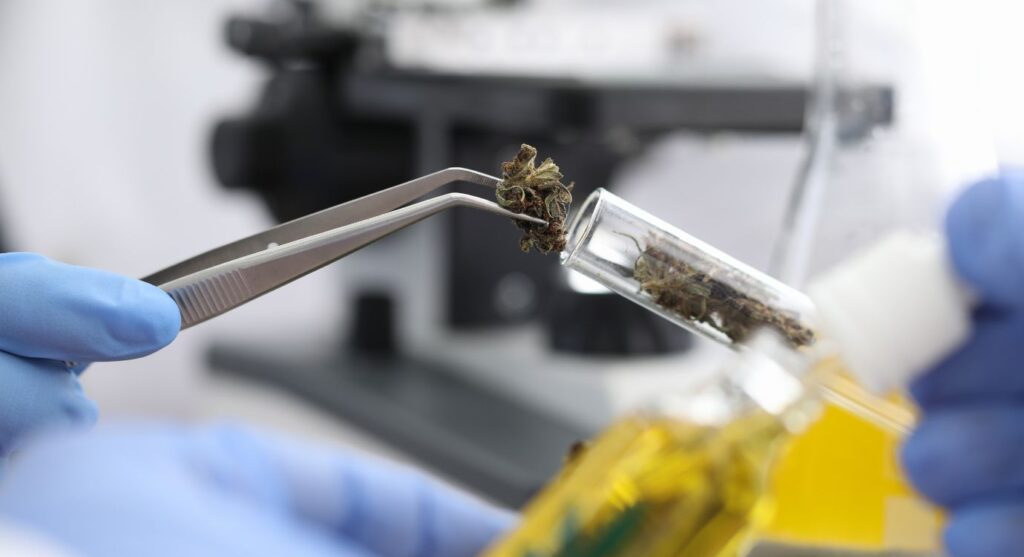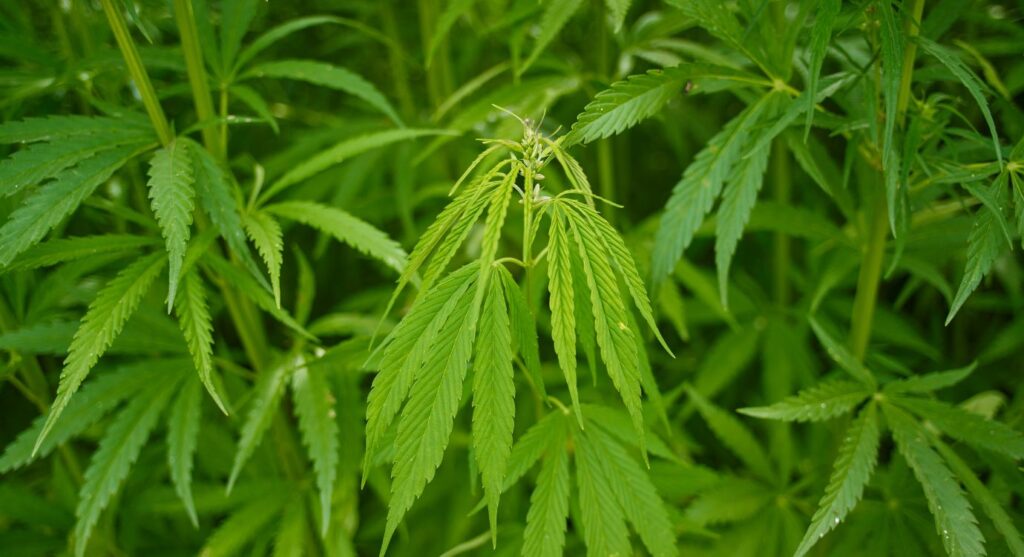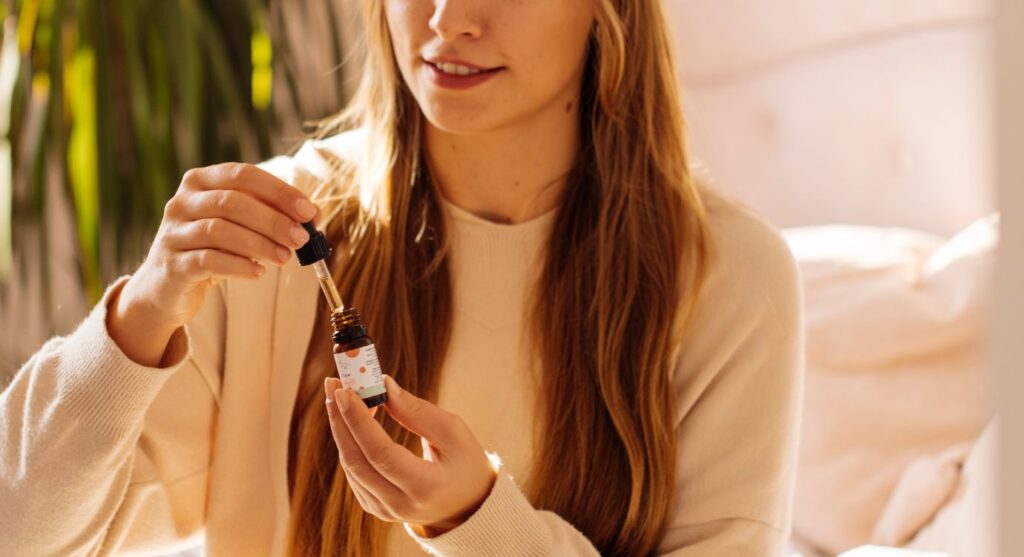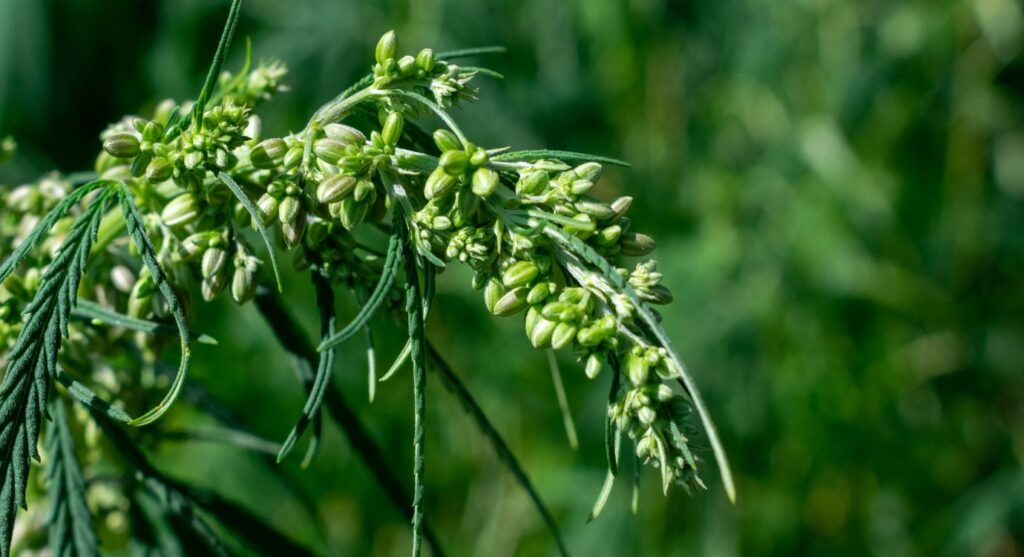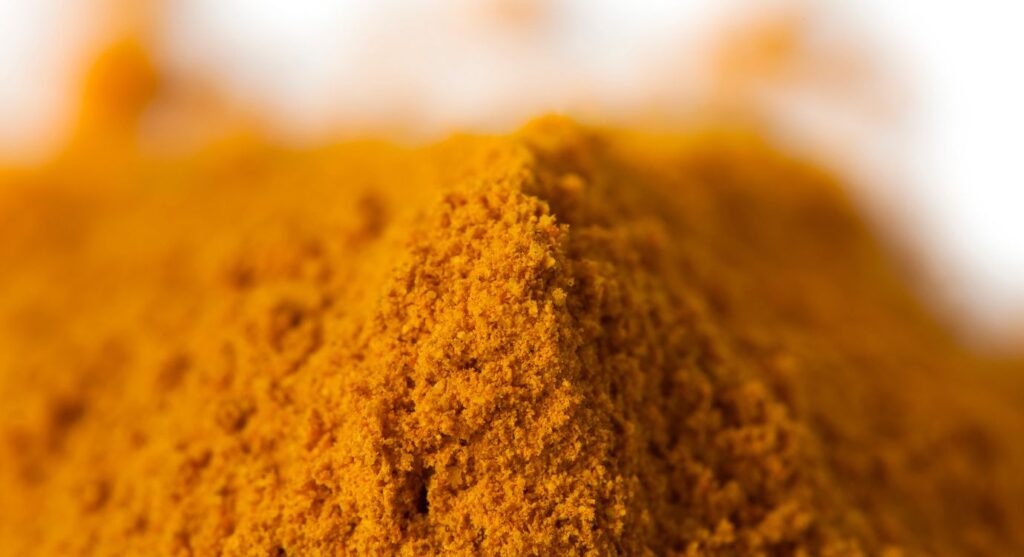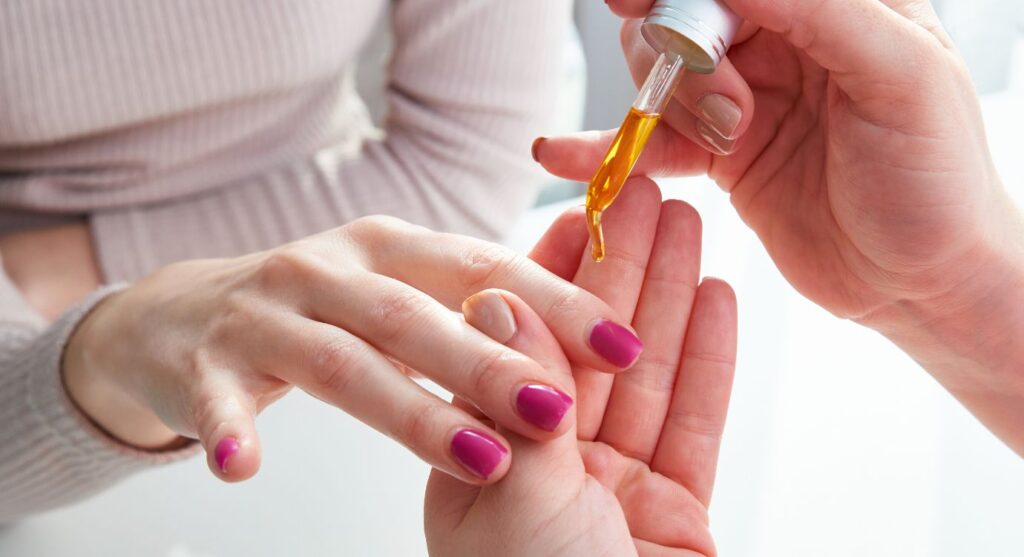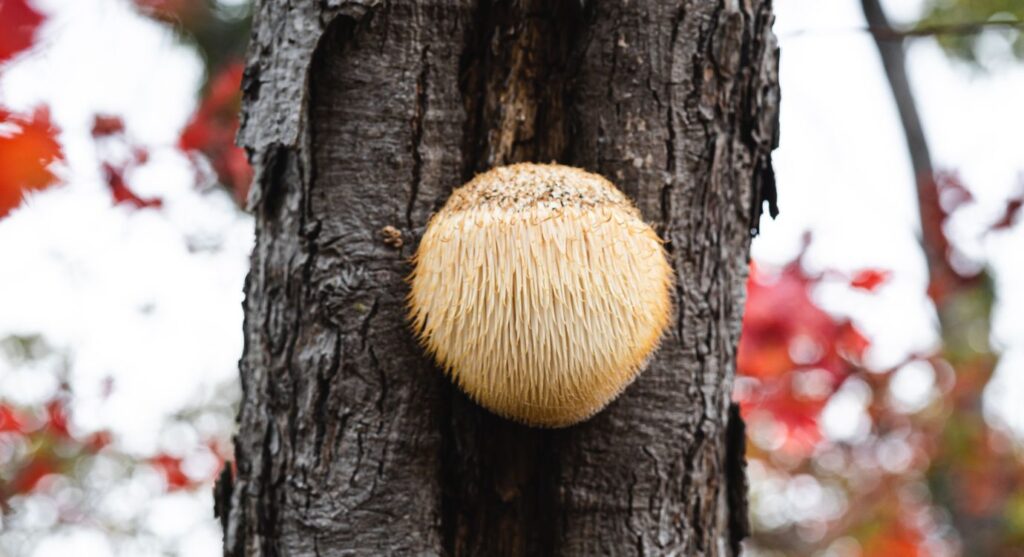CBD and ashwagandha: a match made in heaven?
Both extracts have been utilised for thousands of years in traditional plant medicine and healing rituals.
But what is CBD, and what is ashwagandha? What are the differences and similarities between the two?
Here’s everything you need to know, from mixing the two natural supplements to the supporting science behind the therapeutic applications of each, including:
- Is it okay to take CBD and ashwagandha together?
- The benefits and side effects of CBD with ashwagandha
- How to use ashwagandha and CBD oil together
Let’s jump in.
In this guide:
What is CBD?
CBD, otherwise known as cannabidiol, is a cannabinoid found in Cannabis Sativa, the plant family which constitutes both cannabis and hemp plants.
While CBD is arguably one of the best-known hemp/cannabis-derived compounds, it’s one of more than 130 cannabinoids that scientists have identified.
CBD interacts with the body’s endocannabinoid system, which plays a role in regulating various physiological processes, including mood, stress response, and sleep. It has been reported to promote relaxation, ease anxiety, and support overall well-being.
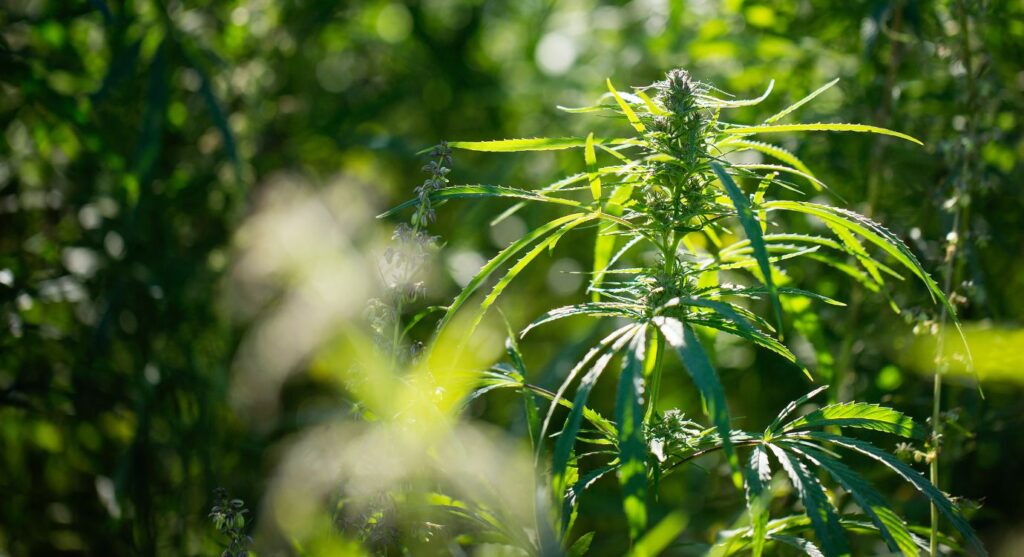

What is ashwagandha?
Like CBD, ashwagandha is another botanical treasure with powerful therapeutic value.
Ashwagandha, scientifically known as Withania somnifera, is an evergreen shrub easily spotted by its beautiful yellow flowers and striking red berries. It can be most commonly found growing in Africa, India, and the Middle East.
With a history of traditional use in plant medicine stretching back thousands of years,
Ashwagandha is thought to be an adaptogen, a herb that helps the body adapt to stress, promoting resilience and balance.
Moreover, ashwagandha boasts a vast array of potential health benefits, from boosting energy levels and enhancing cognitive function to battling the negative effects of stress, fatigue and anxiety.
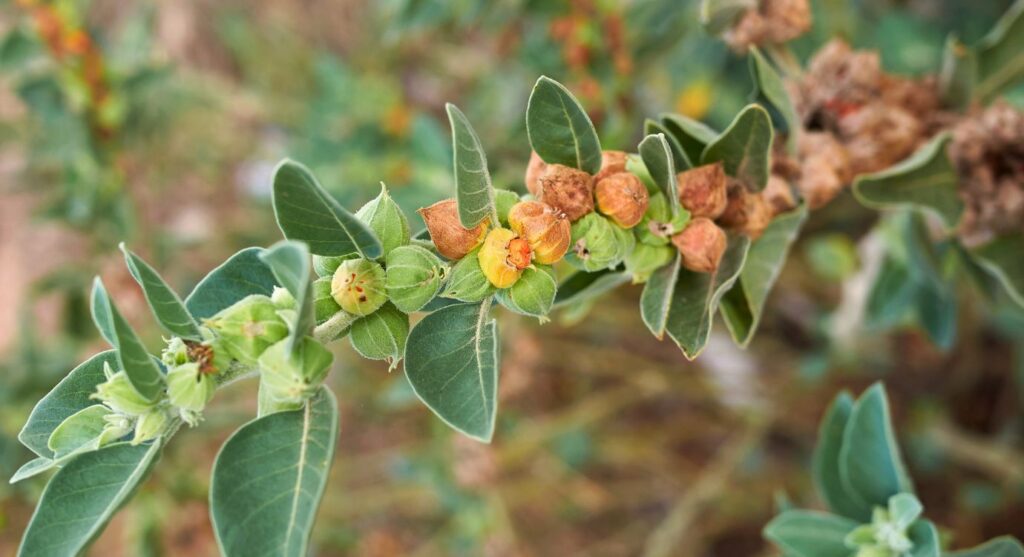

Can you take ashwagandha and CBD oil together?
So is it ashwagandha vs CBD, or can they be taken together? Do the effects of these two natural supplements compound one another, or work against each other?
Absolutely! CBD and ashwagandha can be taken together, and they actually complement each other quite well. In fact, the combination has been named a so-called “power couple” in the wellness world.
Both substances contain calming properties, and when combined, they are believed to amplify each other’s stress-relieving effects. They may promote a deeper sense of relaxation, ease tension and support a calm state of mind.
As a result, a growing number of people are choosing to take ashwagandha alongside their CBD as a natural approach to managing stress and anxiety.
What are the benefits of CBD with ashwagandha?
So now that we know they go together, let’s take a closer look at the benefits of combining ashwagandha and CBD.
While there’s very little scientific research around the specific combination of CBD and ashwagandha, there is evidence to suggest that both herbal interventions can be effective individually.
However, anecdotal evidence does suggest that, as mentioned above, the combination may have a super-boosting synergistic effect, with both compounds working in tandem to support stress relief, sleep, and relieve anxiety.
Ashwagandha and CBD for sleep
Research has shown that ashwagandha reduces levels of the stress hormone cortisol, which can interfere with sleep.
In one study published in the Indian Journal of Psychological Medicine, participants who took Ashwagandha root extract had lower levels of cortisol and reported better sleep quality compared to those who took a placebo.
Other studies also support this preliminary evidence around ashwagandha and sleep. One study found that taking Ashwagandha root extract for ten days improved sleep quality in participants. It also reduced the time it took for participants to fall asleep.
Moving to sleep disorders, research published in the Journal of Ethnopharmacology found that when Ashwagandha was combined with other herbs (not specifically CBD), participants with insomnia experienced improved sleeping patterns.
Similarly, evidence supports the use of CBD for sleep, both in terms of helping users fall asleep and maintain sleep through the night.
This is all to do with CBD’s affinity with the circadian rhythm – the natural internal process in our bodies which helps us sleep and wake in a regular pattern. CBD’s role as a body balancer means it is thought to help reduce the stress of the day and promote a restful night’s sleep.
This is backed by a growing body of evidence on CBD and sleep, including a study that looked into CBD for both sleep and anxiety. Researchers found that sleep initially improved in more than 65% of participants who were taking CBD to treat their anxiety.
Ashwagandha and CBD for anxiety
One of the most common reasons that people take CBD is to help with anxiety management.
While CBD isn’t a recognised medical treatment for anxiety, the supplement can help support stress relief by interacting with the endocannabinoid system. And supporting the ECS to promote wellness can have a profound effect.
The research we mentioned above (looking into how CBD can help both sleep and anxiety) not only found that 65% of participants reported improved sleep but also that 80% of participants reported a reduction in anxiety levels after a month.
Read more: CBD oil and anxiety
Meanwhile, ashwagandha comes with its own record of stress-relieving properties, backed by a number of clinical studies. In fact, as we mentioned, ashwagandha is an adaptogen, which literary means “stress adaption”
One systematic review published in the National Library of Medicine considered the results of five human-trial studies that looked specifically at the supposed anxiety-relieving benefits of ashwagandha.
Conclusions were strong, with the review noting that all five studies found that ashwagandha intervention resulted in greater score improvements on stress and anxiety scales (significantly in most cases) compared to a placebo.
In simple terms – participants across the board felt like their anxiety levels were lower after taking ashwagandha regularly when compared with a placebo.
10% off on your first order
Complete this one-minute quiz and find the right products for you.
What are the side effects of CBD with ashwagandha?
Both CBD and ashwagandha have good safety profiles, and neither is associated with common side effects.
However, with both CBD and ashwagandha, it’s important to stick to recommended doses. Taking more than the recommended amount of either supplement may lead to stomach upset, diarrhoea, or vomiting.
Apart from side effects, there are a number of things to note here. Both CBD and ashwagandha may not be suitable for everyone.
With ashwagandha, the adaptogen can increase the immune response. As such, it’s recommended that it should be avoided by individuals diagnosed with autoimmune diseases.
Moreover, people looking to take CBD should be aware that it can interact with a number of medications. As a rule of thumb, if you’re medication has a “grapefruit warning,” – you should avoid taking CBD in conjunction with your prescription, as it may slow down or disrupt its impact.
Because of these caveats, it’s really important that you consult a medical professional before beginning to incorporate either supplement into a daily routine.
How to take ashwagandha and CBD
Both CBD and ashwagandha can be easily integrated into a daily wellness routine.
With CBD, there are a number of ways to take the cannabinoid. CBD oil is great for those looking for high bioavailability – it allows the active ingredients to travel rapidly into your body and get to work. CBD capsules are also a good option for anyone taking CBD to support general wellness.
With ashwagandha, the most common and effective ways of consuming the supplement are as a powder or capsule.
Both CBD and ashwagandha can be taken at the same time, at whatever time suits you best. For example, if you are looking for stress relief, taking smaller doses throughout the day can be effective, but if you are looking to support sleep, taking them half an hour to an hour before bed will work best.
Alternatively, you can explore combination products that already contain both CBD and ashwagandha, such as Evopure’re Flow Broad Spectrum CBD oil with Ashwagandha. This oil is designed to deliver the benefits of both substances conveniently.
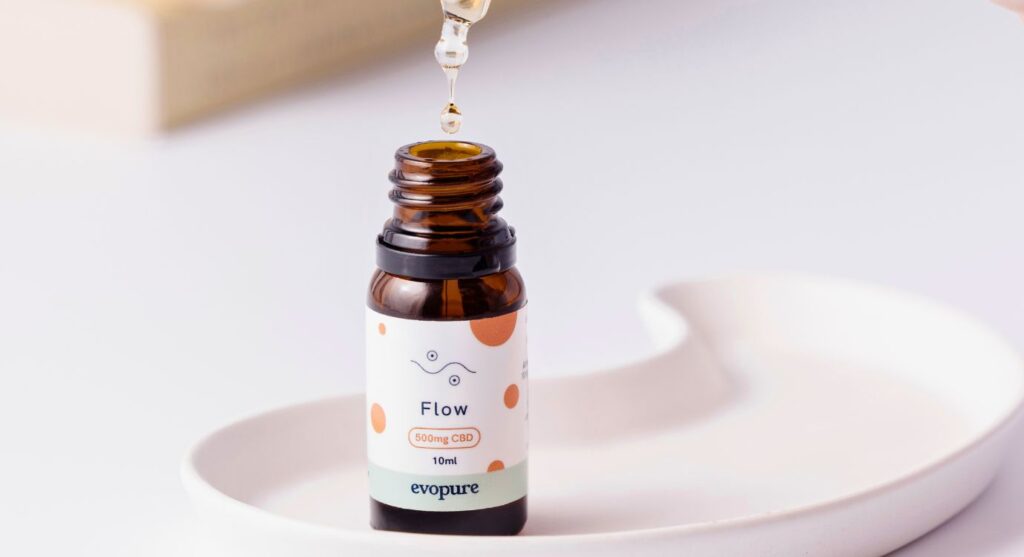

Final words
Both CBD and ashwagandha are powerful natural supplements that can work synergistically to boost overall wellness and may help soothe anxiety and promote sleep.
However, neither are miracle cures.
They should be taken regularly and consistently in order to achieve the best outcomes.
And while both CBD and ashwagandha are natural plant extracts, they should be respected as any other supplement; always stick to dosage guidelines and ensure you are safe to consume both.


